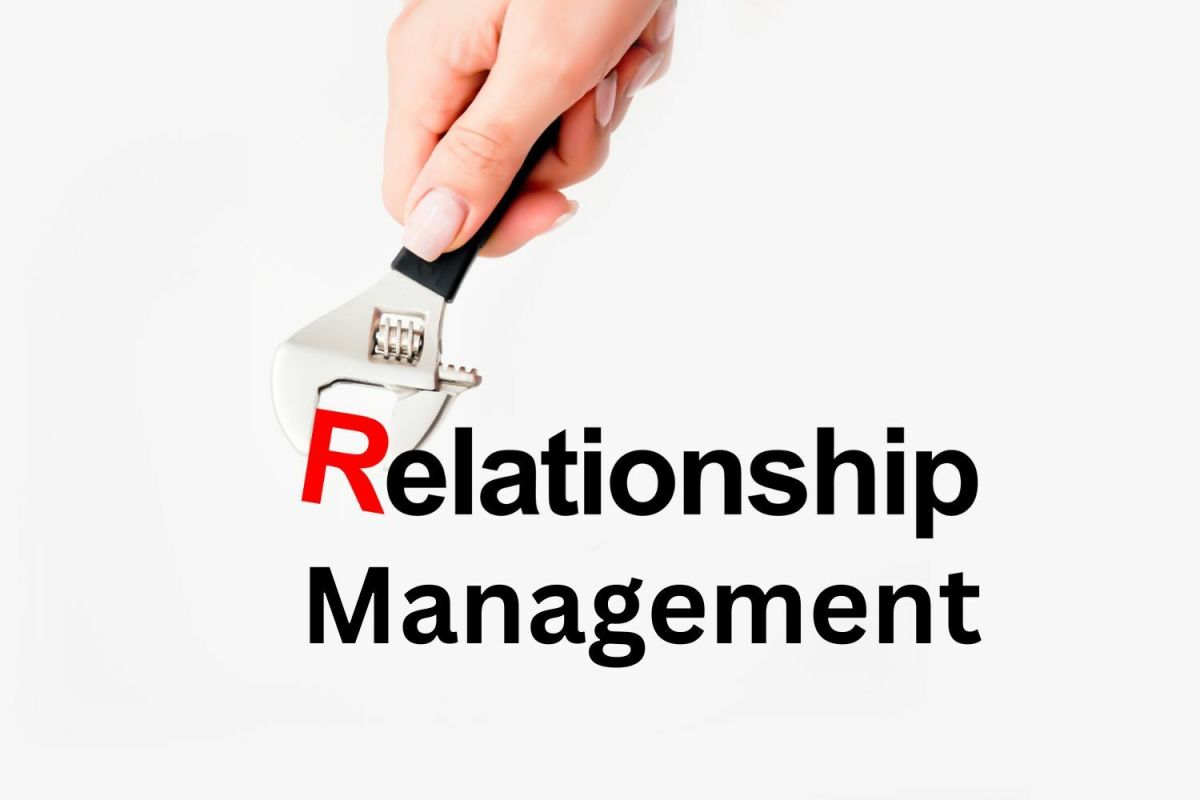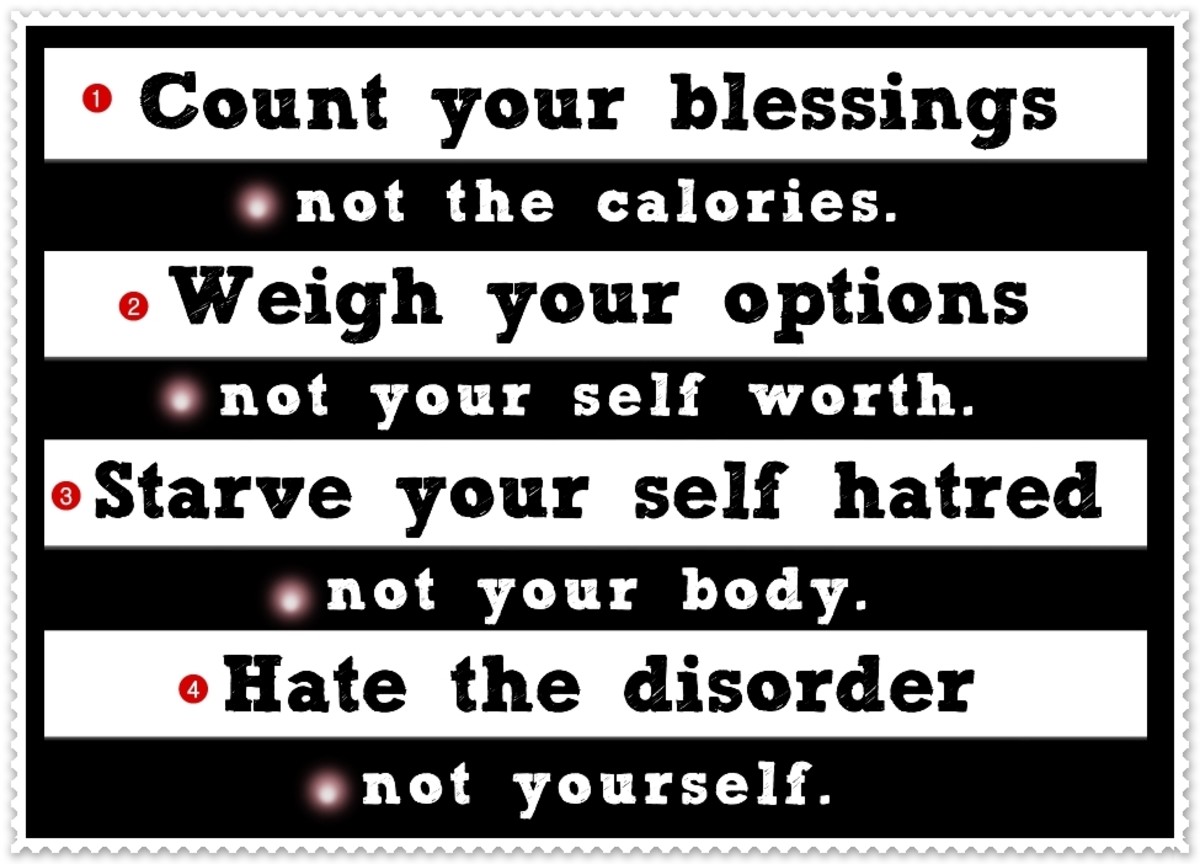What is Emotional Intelligence?

What is Emotional Intelligence and How to Improve it
Recently I gave a conference on Emotional Intelligence to a group of teachers. These teachers were well prepared in academics and were familiar with IQ testing, but little attention had been given to emotional intelligence in their training. The truth is that emotional intelligence is actually more important to our happiness and success in life than intellectual intelligence. The ability to perceive, understand and manage our emotions adecuately is fundamental to enjoying healthy relationships.
The concept of E.I. began in the 1930's when Edward Thorndike wrote about "social intelligence", focusing on getting along with those around us. Abraham Maslow, the famous creator of the "Needs Pyramid", declared that people can build emotional strength. In other words, we are not stuck with the cards that we were dealt. Even if our parents were not great examples of handling their emotions, we can learn how to handle ours. In 1987 Keith Beasly wrote "Emotional Quotient", contending that emotional intelligence is measurable and dynamic. In 1995, Daniel Goleman's book, "Emotional Intelligence: Why it Can Matter More than IQ", brought the concept of emotional intelligence to public awareness more than ever before.
Emotional intelligence consists of 4 parts:
Perceiving: Being able to accurately perceive our emotions and the emotions of others. Facial expression, body language, and tone of voice all help us read others' emotions. Our blood pressure or a knot in our stomach may signal a rising emotion in ourselves. Being aware of our emotions is the first step toward emotional intelligence.
-Which emotions are you most frequently aware of in yourself? How do you perceive the emotions of family members? Is there anyone in your life that is "hard to read"? Why do you think they are hard to read?
Reasoning with our emotions: Emotions can help us decide when we need to take action, such as a woman holding a child, screaming. This might give us a clue that she needs urgent help with her child.
-Why is is not always a good idea to act on emotions? Which emotions tell us that we should act quickly? Which emotions tell us we should "sit tight" and wait before acting? Which emotions push you to get up and do something?
Understanding emotions: The ability to understand why the emotion exists and what's causing the emotion is important insight.
-Are emotions good or bad? Why is it useful to understand our emotions? How can another person help you understand your emotions, and vice-versa?
Managing emotions: AHA! This is the big one. How well we handle and express our emotions is the real key in our relationships.
-How do we learn to manage our emotions? From whom did we receive examples of how to manage and express our emotions? Do we have a choice as to how to express our emotions?
Here are some negative ways of managing emotions:
Denying, repressing, exaggerating, becoming defensive, exploding, arguing, paralysis, contagion of other's emotions, letting emotions take over, impulsive reactions, trying to control others and their emotions.
The positive counterparts to the above are:
Admitting and accepting, acknowledging, expressing, keeping it accurate and in perspective, measuring, taking action, maintaining our own emotions without getting caught up in the other person's feelings, reflecting before taking action, minding our own "emotional business".
One of the most difficult emotions to handle is anger. Would you agree? Everyone gets angry at some time or another. Some people get mad EVERY DAY over something. Why is that? Have you ever wondered why some people are always irritated and angry? That CAN'T be enjoyable, not for them and not for those who have to live with them!
Anger is a secondary emotion. We usually know it when we're angry, and most of the time those around us know we're angry. Sometimes people are good at denying their anger and keep it buried deep inside. What are the emotions underneath anger? Think about a time that you were angry. What was going on? What other feelings were you experiencing? Most often, HURT is the underlying emotion, or feeling unloved or unimportant. Sometimes fear is the underlying emotions. A father is angry when his teenage son is caught driving while intoxicated. The son sees the anger which is obvious. What he doesn't see is the incredible fear that his father feels at the thought of losing his son that he loves dearly. Anger is often a sign that we care a lot about something or someone, and caring is a good thing, so sometimes anger is a good thing, if you look deep enough.
Anger also occurs when we carry mistaken beliefs around. For example, if a person thinks everyone should cater to them, they are going to be pretty upset when people don't live up to their expectations and carry on with their own lives. If we think people should change and do what they're "supposed" to do, we're also going to be very disappointed and angry. Realizing that each person has a right to live his or her life they way they see fit and that we weren't placed on earth to tell others how to live can help us relax and "live and let live". Identifying our mistaken beliefs and correcting them can help us live with less anger. When we stop thinking that we know how others should live and behave, we lighten our load a great deal and we can focus our energies on more productive tasks, like managing our own lives and emotions!
I hope you have enjoyed this and most of all I hope you have learned a litte something about yourself.
References:
Beasley, K. (1987). "The Emotional Quotient". Mensa magazine, UK edition.
Thorndike, R & Sten, S. (1937). An evaluation of the attempts to measure social intelligence. Psychological Bulletin, 34, 275-284.









